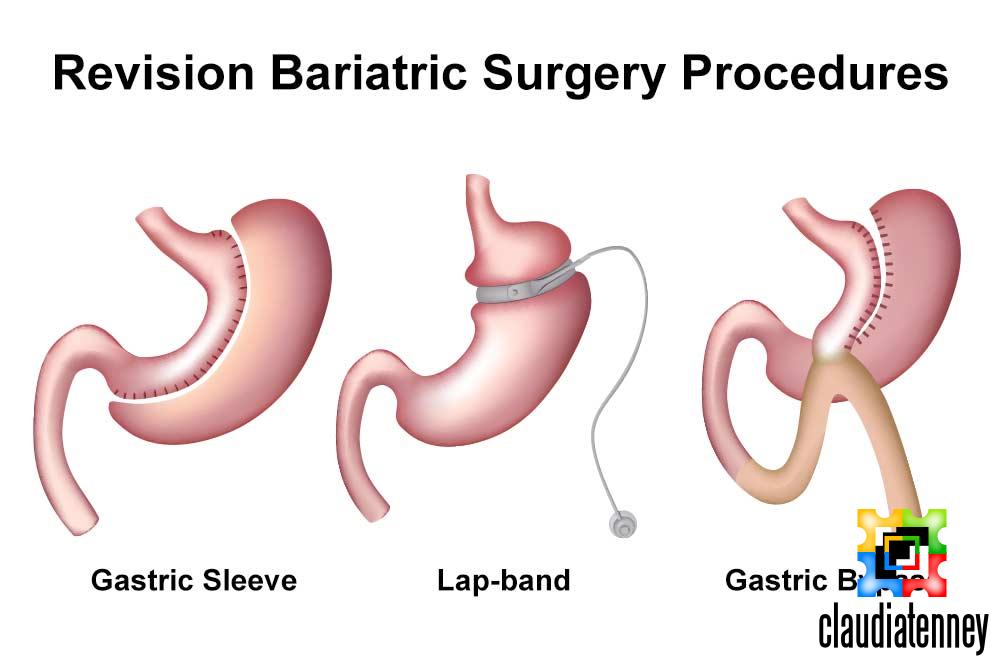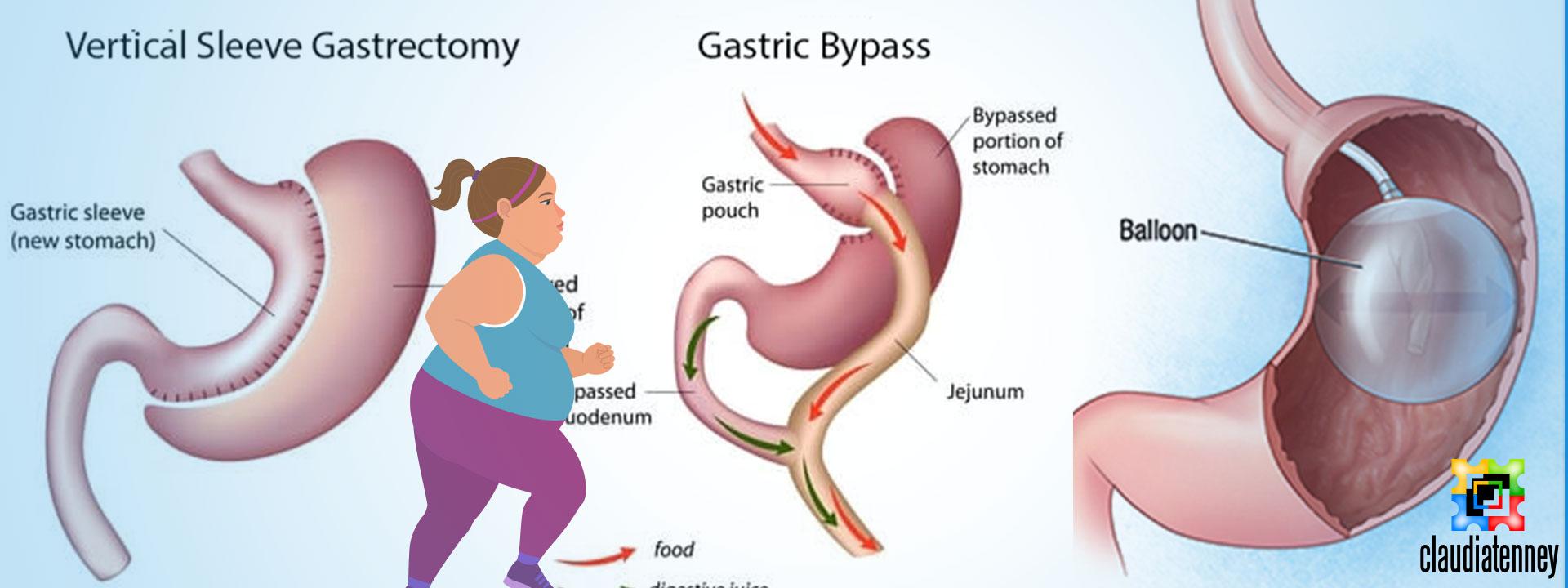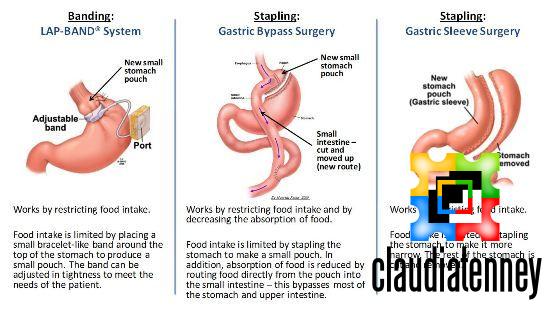Whether you are currently going through the gastric sleeve surgery or have already had it done, it is important to know what will happen if you eat solid food after the surgery. Having this information can save you a lot of trouble and pain in the future.
Eating too much food
During the post-op fasting period, it is important to limit your intake of liquids and avoid eating large meals. This can interfere with the healing process and rupture the staple line in the stomach.

Similarly, it is important to consume small meals that will help your body get the nutrients it needs. You should also savor the taste and enjoyment of food. The best way to achieve this is to eat slowly and enjoy every mouthful.
Another important factor to consider is how you will handle foods that are rich in fat. This will cause some stomach discomfort and make it difficult for your body to digest them. It is also important to choose liquids that are low in calories.

Eating healthily can help you to avoid gaining weight after a gastric sleeve or other surgery. However, you must be careful to follow the dietary guidelines you receive from your physician. Not following these guidelines can lead to complications and may cause you to fall back into old habits.
The best way to avoid overeating after gastric sleeve surgery is to eat smaller meals and to savor each mouthful. The post-op stomach is smaller than before, so it cannot handle the same amount of food you had before. Eating too much food after a surgery may result in abdominal pain, cramps, diarrhea, and other uncomfortable side effects.
Avoiding dumping syndrome
Taking steps to avoid dumping syndrome when eating solid food after gastric sleeve surgery will help you get the most out of your diet. Having dumping syndrome can affect your health in several ways. Some symptoms include confusion, dizziness, abdominal cramps, diarrhea, sweating, tremors, and a rapid heart rate.
Typically, dumping syndrome is a temporary complication of gastric bypass surgery. It can also occur in some people with major esophageal surgery. However, most patients can manage dumping syndrome with dietary adjustments.
Dumping syndrome occurs when foods pass too quickly from the stomach into the small intestine. This can occur when you eat a large amount of sugary foods or consume foods that have a high amount of fats.
The first step to avoiding dumping syndrome when eating solid food after gastric surgery is to avoid foods that contain high amounts of sugar. You can also reduce dumping symptoms by increasing fiber and protein. If you have severe dumping symptoms, you may need to use medication. These medications can also help reduce the symptoms of dumping syndrome, but they can also have side effects.
You should also make sure you drink plenty of water between meals. Your blood sugar levels may be low. This can lead to weakened bones and anemia. You should consult your doctor before taking any medications. He or she may prescribe medications or suggest another surgery.



